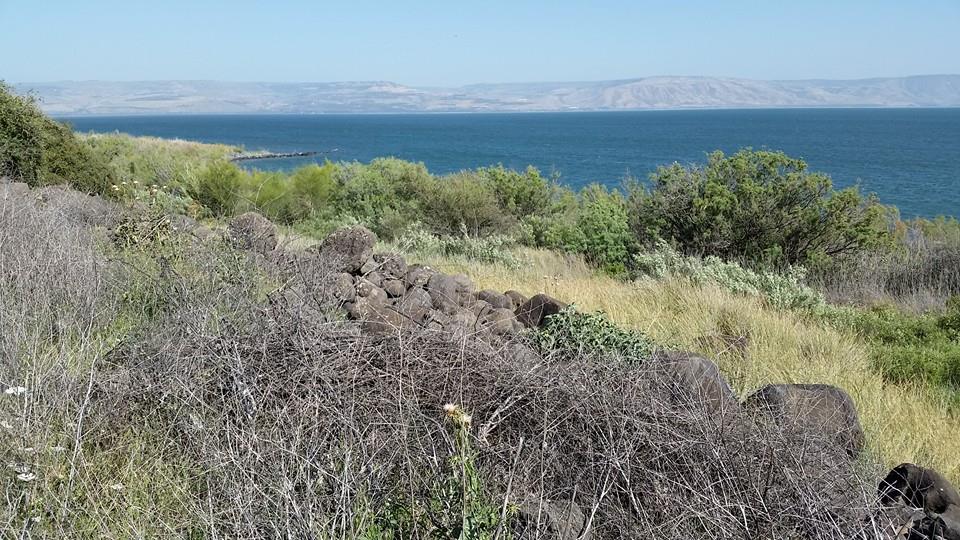
Gospel: Today's Gospel has much to teach the US church today (Mt 13).
In the Parable of the Wheat and the Weeds, the slaves of a householder want to root out the weeds sown "by an enemy" in the householder's wheat field.
Sound like a good idea?
Not so fast, says Jesus...
In the Parable of the Wheat and the Weeds, the slaves of a householder want to root out the weeds sown "by an enemy" in the householder's wheat field.
Sound like a good idea?
Not so fast, says Jesus...

Because the householder, whom Jesus praises in the Parable, tells the slaves not to pull out the weeds. This would have been the "darnel" or "tares," which was very hard to tell from the wheat plants....
"If you pull up the weeds," he tells them, "you might uproot the wheat along with them."
In other words, be careful about being judge, jury and executioner. Jesus says to leave the judging up to God...
In other words, be careful about being judge, jury and executioner. Jesus says to leave the judging up to God...
Today in the US church, some people are sure where sinful priests can be found. So they want to root them all out, like weeds. But they will pull up some wheat as well.
And even if someone is sinful (as we all are) that doesn't mean they are worthless or without a future...
And even if someone is sinful (as we all are) that doesn't mean they are worthless or without a future...
Jesus understood that with that kind of "root it all out" attitude, you will lose some wheat.
St. Peter, after all, committed the worst sin you could do: he denied Jesus. Peter was a weed if there ever were one. Yet this sinful person was chosen by Jesus to lead his church...
St. Peter, after all, committed the worst sin you could do: he denied Jesus. Peter was a weed if there ever were one. Yet this sinful person was chosen by Jesus to lead his church...
Finally, once the "rooting out" of sin starts, it will never end. And if the campaign continues, you may one day be surprised to find yourself, whether clergy or lay, labeled as a weed.
Instead of listening to the voices of condemnation and judgment today, listen to Jesus.
Instead of listening to the voices of condemnation and judgment today, listen to Jesus.
• • •
Missing some Tweet in this thread? You can try to
force a refresh







